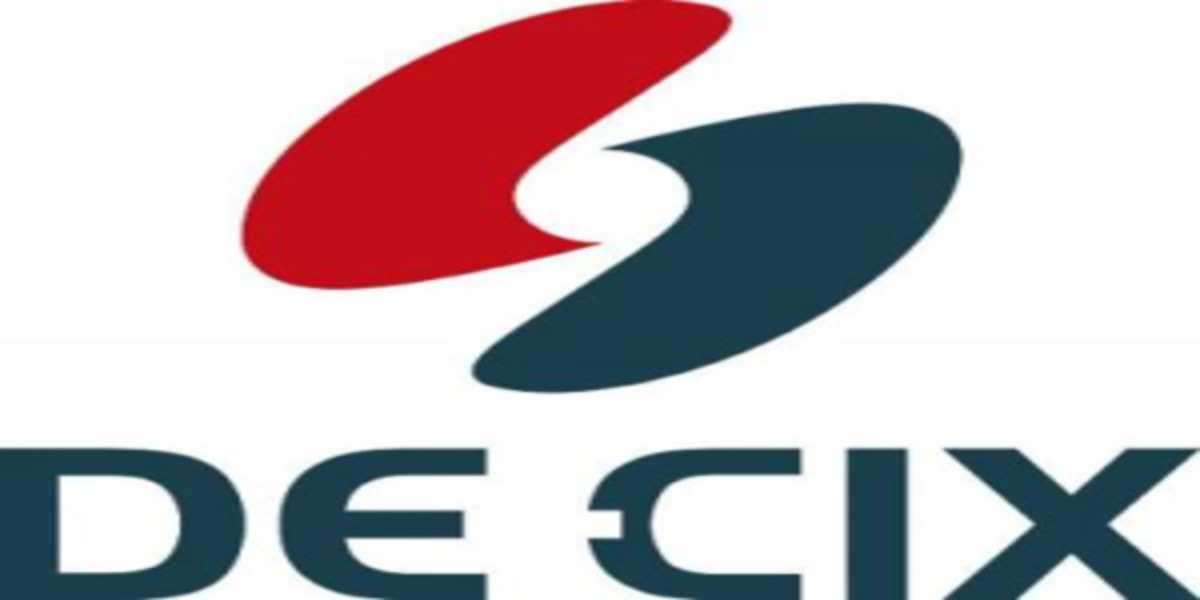You can find numerous public peering service providers nowadays worldwide, but it's not easy to find everything you need to know about them before signing up. The following guide will help you with everything from the terms of service to the speeds to expect when using this type of service, so you can make an informed decision when choosing your next P2P provider.
What is Peer Exchange?
A peering exchange (also known as a peering point or IXP) is a physical telecommunications node in which Internet service providers, telecommunications companies and content delivery networks exchange Internet traffic between their networks. The objective of an Internet exchange is to provide low-cost, high-speed interconnection of IP networks. Content delivered over an Internet Exchange should be indistinguishable from traffic exchanged with other IP networks on that IXP. Therefore, packet filters are deployed only on leaf routers, noYou can find numerous public peering service providers nowadays worldwide, but it's not easy to find everything you need to know about them before signing up.t at IXPs. Traffic engineering cannot be performed at an IXP since it would require stateful inspection of all packets traversing the point.
Benefits of Peering
There are several benefits to peer with a transit provider. The most important one is that it will save you time and money. If you can take advantage of lower transit prices by peering, then your cost per gigabit will be drastically reduced. Lower costs mean more profit, which in turn means more reinvestment into your network for new features and higher-quality support services. It's also good for your customers; it means faster speeds, better uptime, and less downtime for them (and less angry calls). There's also an increased efficiency when peers exchange traffic; it helps both networks streamline their operations by shifting routing-table complexity off of each others' shoulders—this translates into even greater cost savings over time.
Role of Peering Service Provider
A peering service provider is an organization that provides, operates, and maintains one or more peering points at which members of a private or public Internet Protocol (IP) network can exchange traffic. A peering service provider is typically either an Internet access service provider (Internet service provider), an Internet backbone operator, or an Internet carrier. Such organizations are commonly referred to as Internet exchanges but should not be confused with commercial facilities that provide collocation space, electronic communications services, or other services that are also sometimes referred to as Internet exchanges. An organization may operate multiple independent peering points.
How To Choose A Peering Provider
Choosing a peering provider is not an easy task. There are many companies offering Internet exchange or peering services in India. Some of them are really cheap, but providing cheap peering doesn't mean they provide the best possible service. Providing cheap peering doesn't mean that they have their own core network or use a route server to handle their customer's traffic. If you do a Google search on Peering Service Provider, you will get more than 20+ providers. So how do you choose a reliable peering partner? Here are some tips for choosing your next peering partner:
Which company provides a physical connection between your network and theirs? What kind of Internet transit do they provide? Do they buy only from Tier 1 ISPs? What about latency when using their services - any delays in packets getting to/from your sites? These things can affect your business! Therefore, be wary of the peering service provider you choose to go with.
De Cix
31 Blog posts



